Whale makes a surprise breach next to fishing boat
A whale surprises two fishermen on their boat when it breaches the water going after the same fish and hits the side of the boat. Both men and their boat were safe.
A man who said he suffered from "horrific" PTSD after he was nearly stabbed to death said that fishing "saved his life."
Andy Beeman, 41, has been suffering from complex PTSD since age 17 — after he was stabbed with a 10-inch combat knife in an unprovoked attack outside his school, as SWNS, the British news agency, reported.
After the 1998 attack, Beeman feared being in crowds and being approached by people from behind — and dealt with "crippling anxiety," SWNS also said.
FLORIDA WOMAN, 8 MONTHS PREGNANT, POLESPEARS FISH FOR POTENTIAL WORLD RECORD CATCH
Seven years ago, after kidney disease put him in the hospital for a year, his PTSD returned "with a vengeance."
Things, however, took a positive turn when a friend took him fishing — and it's a hobby that's now "saved his life," said SWNS.
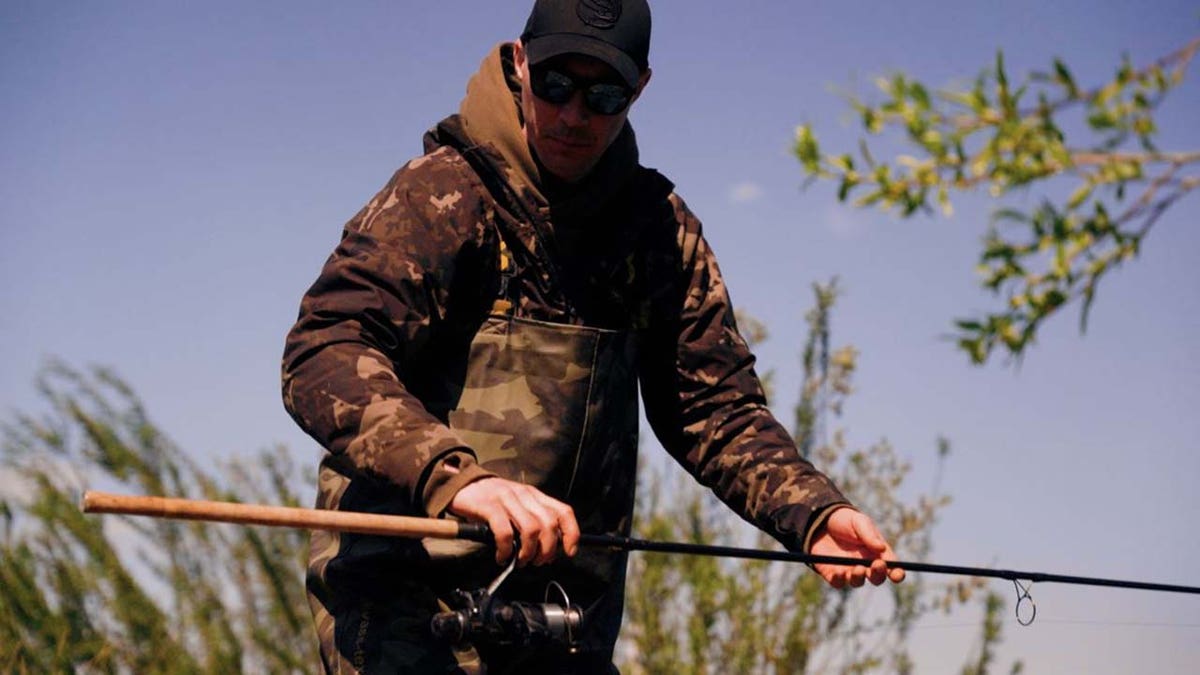
Andy Beeman, who suffers from "horrific" PTSD after he was almost stabbed to death with a knife at age 17, said fishing has "saved his life." (Andy Beeman / SWNS)
Speaking during Mental Health Awareness Week, Beeman, from Leeds, West Yorks, said, "I had always struggled at school. I was born with a birth defect and was bullied, but the PTSD really began when I was almost stabbed to death at 17."
He added, "From then onward, it affected me for a long time. It caused me a lot of issues. If I walked into a busy room, like a bar or a concert, the hypervigilance would make me look around and list the threats in my head."
"One of my friends took me fishing. I rediscovered my love for nature and wildlife then."
He also said, "I might be OK one day — then the next day I'd have severe nightmares and would break down crying."
Beeman said this occurred throughout his 20s.
FORGIVENESS COULD LEAD TO BETTER MENTAL HEALTH, HARVARD STUDY REVEALS
"Then, in my 30s, I found out I had another genetic kidney disease," SWNS reported. "I ended up in [the emergency room], and because of complications I had to stay in [the] hospital for the better part of a year."
Said Beeman, "Because of this, my PTSD came back with a vengeance. I became addicted to painkillers and the trauma came back."
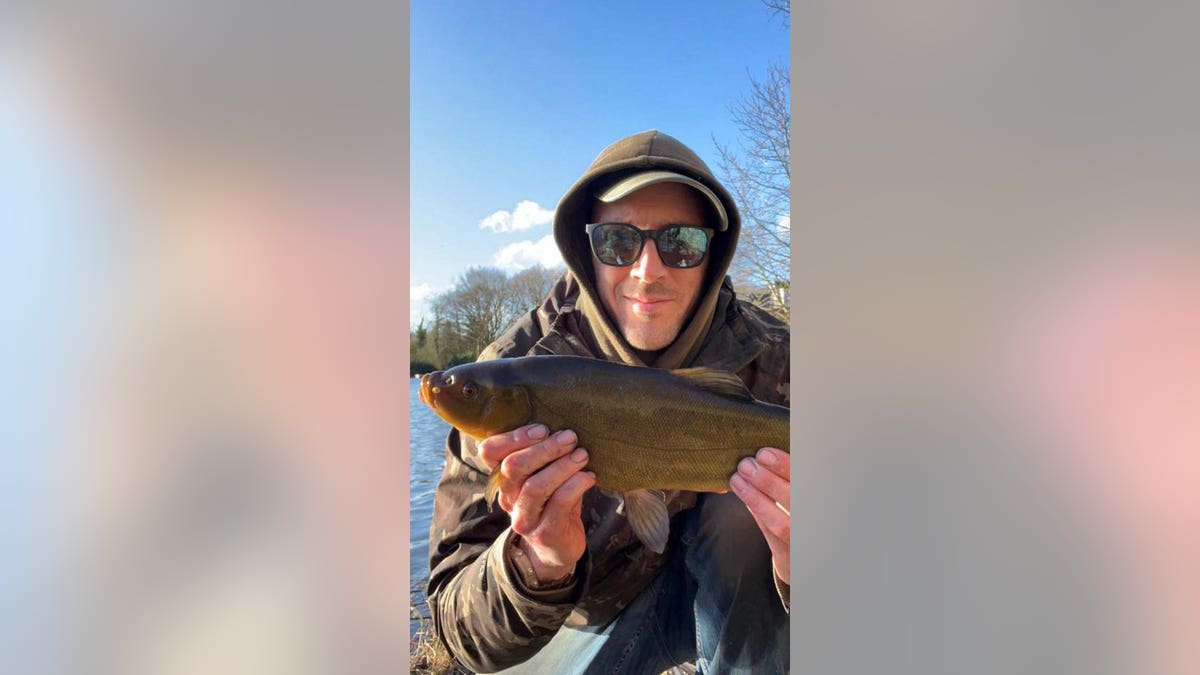
"Taking myself fishing is a therapy as well as a sport," Andy Beeman of the United Kingdom said. (Andy Beeman / SWNS)
Then came fishing.
"Toward the end of that, one of my friends took me fishing. I rediscovered my love for nature and wildlife then."
Beeman said he had received counseling in the past to help him process the violent attack — yet "it never really worked for me. It just stirred up my emotions. But fishing worked for me," he said.
AI-POWERED MENTAL HEALTH DIAGNOSTIC TOOL COULD BE THE FIRST OF ITS KIND TO PREDICT, TREAT DEPRESSION
"Fishing definitely saved my life. If not directly, then certainly indirectly. I've had points where I haven't wanted to continue with my life. But taking myself fishing is a therapy as well as a sport," Beeman told SWNS.
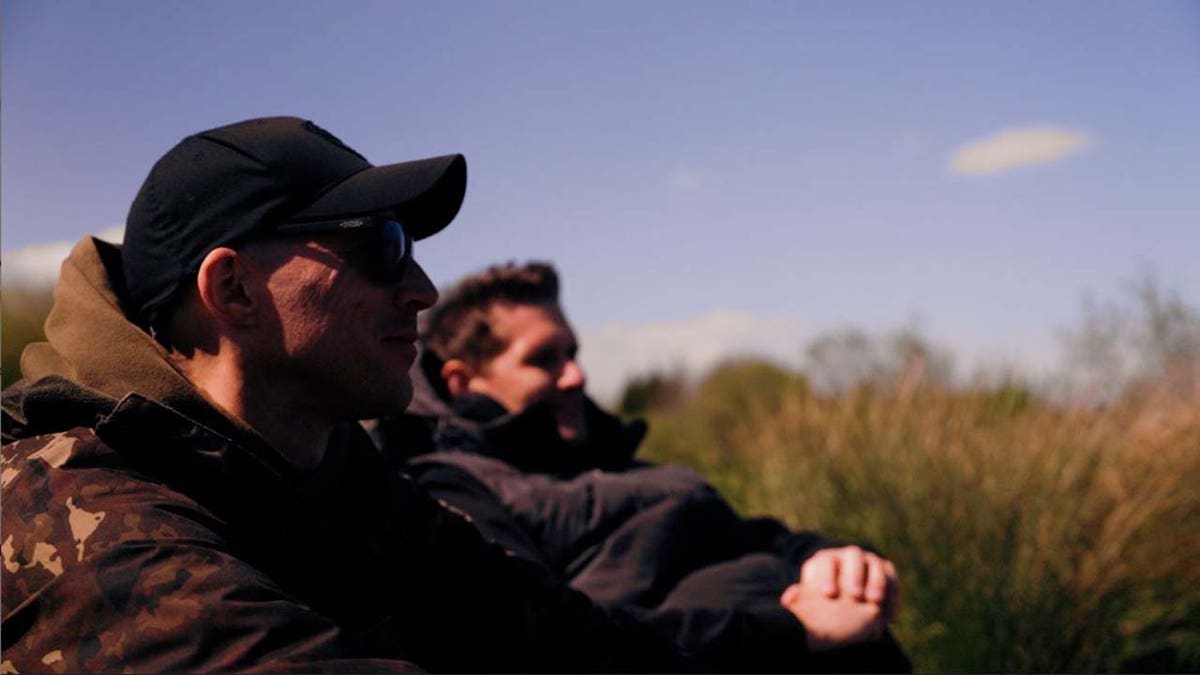
While Beeman (foreground) still struggles with his PTSD, he said fishing has been his main coping mechanism and has helped him "work through it." (Andy Beeman / SWNS)
He now goes fishing multiple times a week — and said he particularly enjoys trout fishing in rivers.
While Beeman still struggles with his PTSD, he said fishing has been his main coping mechanism and has helped him "work through it."
AMERICAN DEPRESSION LEVELS HIT ALL-TIME HIGH: POLL
He said that while he's "a bit more in control of my PTSD, sometimes I do still get to the point where I know I'm not feeling so good. When that happens," he added, "I just take myself fishing. I can feel really anxious, but then as soon as I start, it's quiet. I can concentrate on fishing instead of other issues."
"I realized that fishing was helping my recovery so much, so I wanted to pass that on."
He also said that all of his time spent in the great outdoors helps him "sleep really well" at night as well.
To top it off — he's now found friends with a common interest.
"The fishing community is great," Beeman said, as SNWS noted.
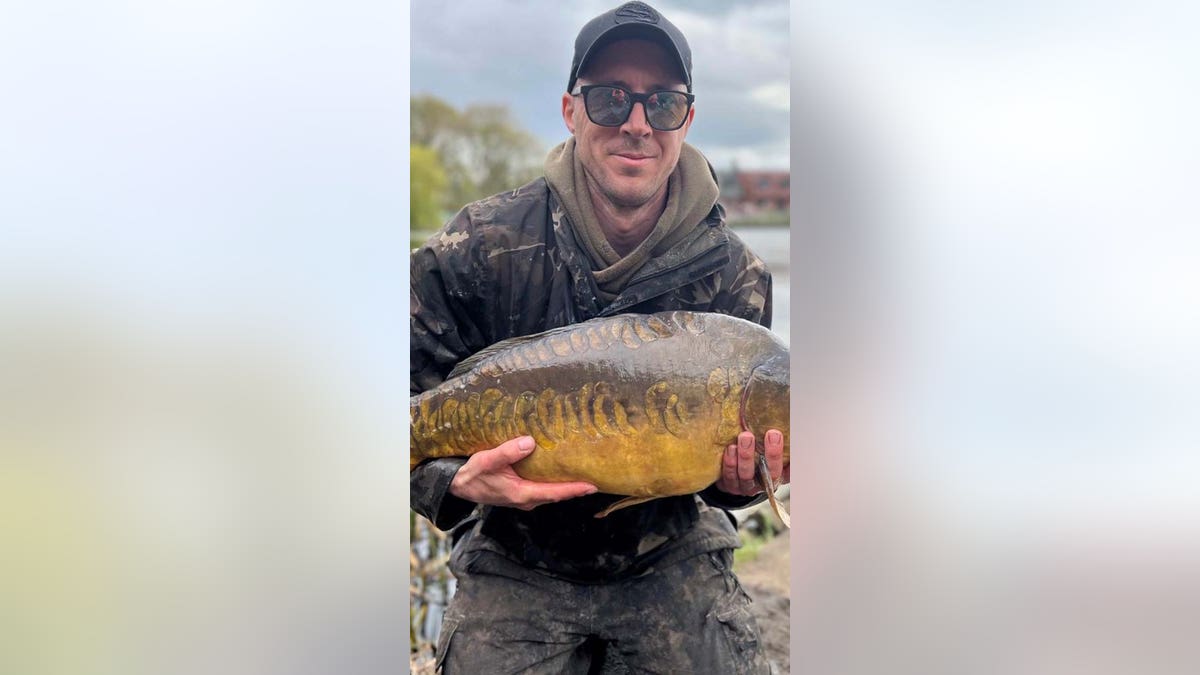
Andy Beeman with one of his catches. Seven years ago, after a bout of kidney disease left him in the hospital for a year, his PTSD returned "with a vengeance." Fishing helped him cope — and now he's coaching others. (Andy Beeman / SWNS)
"I found a lot of friends as an adult through fishing."
He said as someone in his 40s, it was "difficult" for him "to make friends … but we have a network and we all check up on each other."
"I've managed to work through it with fishing."
Beeman has become a volunteer and a coach at Tackling Minds, a nonprofit organization that promotes fishing as a way of improving mental health and well-being.
The organization was formed in early 2020 — and on its website, the group says it's become "a trusted provider of angling events within the U.K." It offers support to people from all walks of life who may be struggling with an array of issues, it also says.
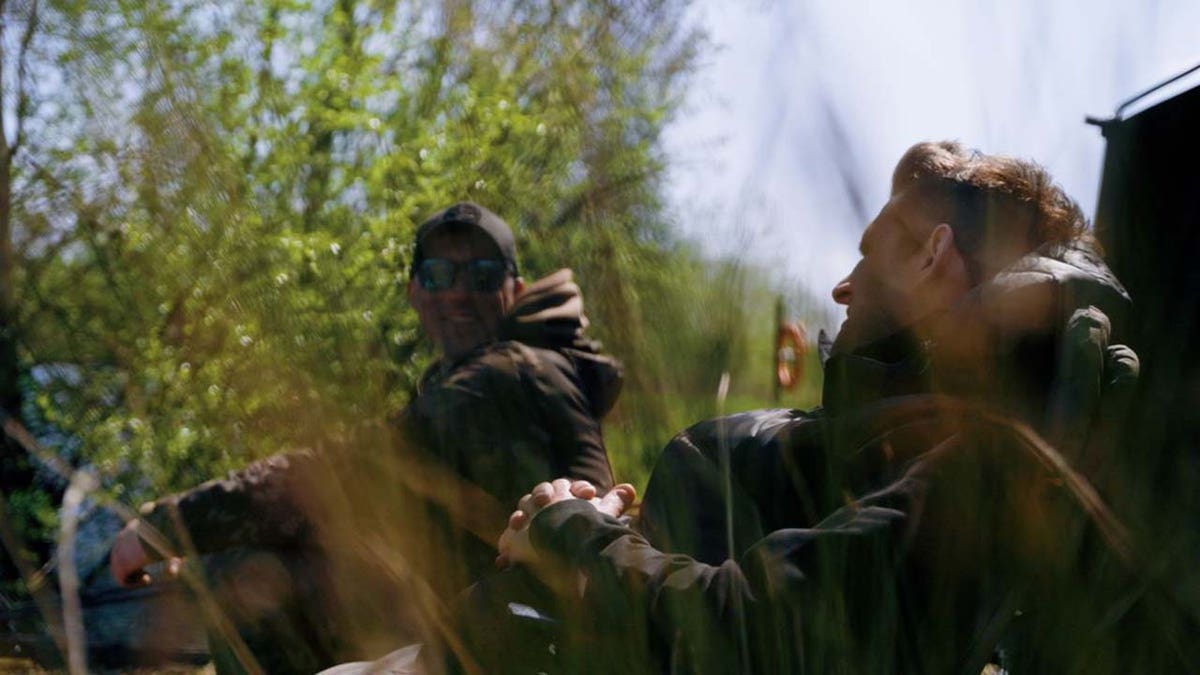
Andy Beeman, 41, has found that fishing helps him deal with his PTSD. (Andy Beeman / SWNS)
Beeman said he coaches people who are struggling with their mental or physical health to participate in fishing sessions and events.
"I really enjoy coaching as well as fishing," Beeman said. "I realized that fishing was helping my recovery so much, so I wanted to pass that on. I can see the difference in people arriving and leaving in the first session … After they've been fishing for a few hours, they feel so much better."
CLICK HERE TO SIGN UP FOR OUR LIFESTYLE NEWSLETTER
Beeman is encouraging people to get any necessary fishing licenses as a way to improve their mental health during Mental Health Awareness week and beyond.
CLICK HERE TO GET THE FOX NEWS APP
"You never really get over PTSD," he said, as SWNS reported.
"It's always there in the background — but I've managed to work through it with fishing."









































